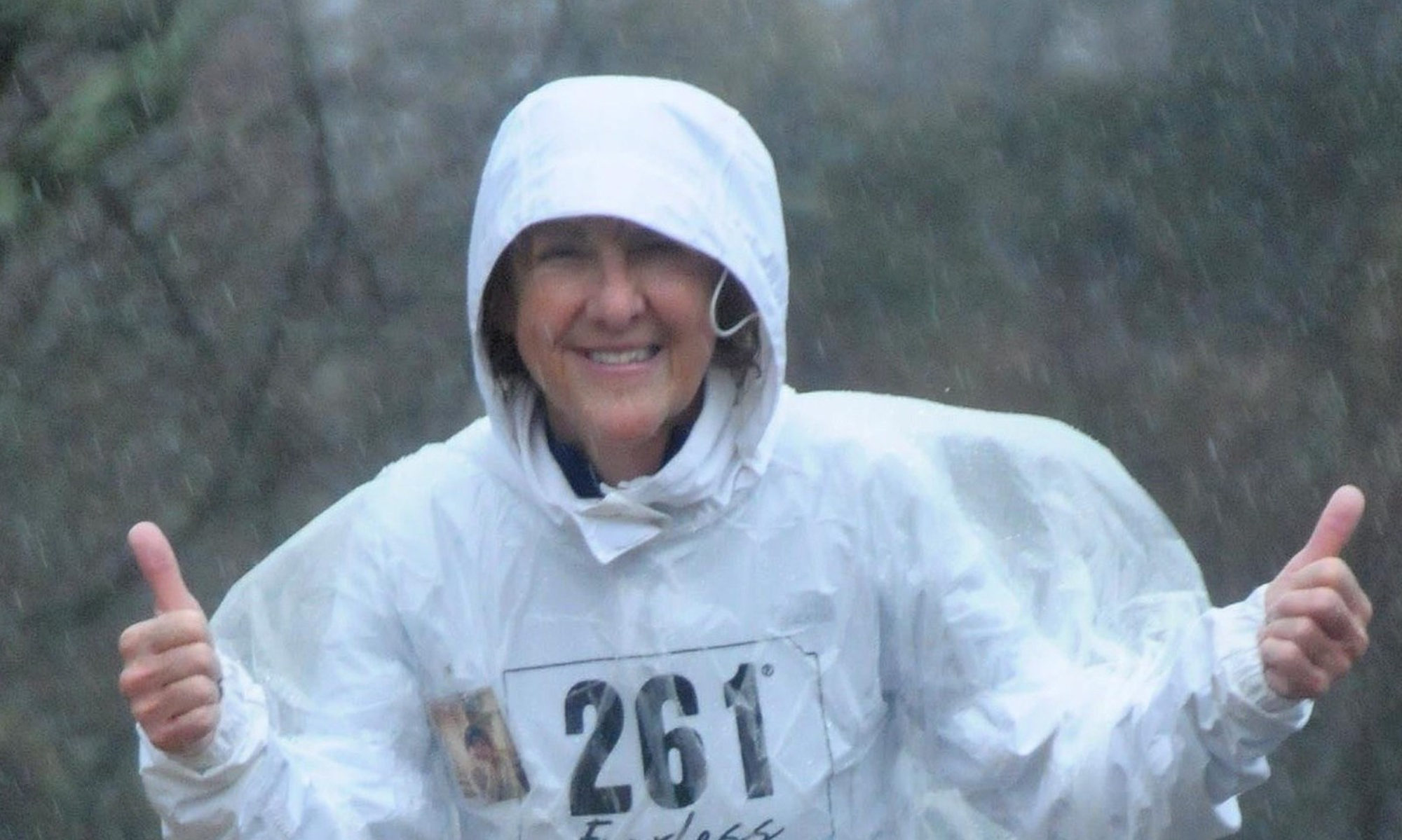#261Fearless Empowerment Training February 10, 2020
After our class, #261 Fearless posed the following questions. Reflections: Many women (and men) still find the topics of menstrual and menopausal health difficult to talk about. What have you learnt today that might make these conversations easier?
Below are my reflections.
Menstrual and menopausal health have been historically, globally, culturally and religiously steeped in myths, beliefs and attitudes. By demystifying menstruation and menopause, and focusing on well-founded research, we can facilitate the conversation, educate people and improve lives.
In 1967, I recall a question posed by one of my high school teachers asking students whether women should, or even could, serve in high level political and military positions. Most students bought into the idea that PMS and the menstrual cycle would prohibit woman from performing physically, emotionally and even judgmentally on an equal basis with men. An enlightened conversation would have been helpful.
Additionally, while in high school, I recall feeling fearful and isolated while having severe menstrual cramps, yet wanting to run as I did as a child. If I run, will I damage myself forever? Could my uterus fall out? I did not pursue running and regret that decision. Again, an enlightened conversation was needed.
I recall reading the idea that pre-pubescent girls (8 years old) know who they are and what they want out of life. At puberty, young women often change radically their identity and goals. But, these early internal pathways return after menopause. At 68+ years old, I concur that my life has followed this pattern.
At the age of 42, I underwent a hysterectomy for painful, prolonged bleeding and a prolapsed uterus. I was one year post breast cancer. I experienced immediate surgical menopause and elected to receive no replacement hormones, because of my history of breast cancer. Within 5 years, at the age of 47, I developed osteopenia, followed a few years later by severe osteoporosis.
Since my hysterectomy in 1992, research on the health and life cycle of women has shown running and walking to be a major mitigant to menopausal and aging symptoms. The doctors to whom I have entrusted my care agree.
The following are factual take-aways from the class:
- Women have been largely treated as small men. Women are not small men.
- In 1990, only 2.2% of women participated as “protected” athletes in the Olympics. By 2016, 45% of women participated in the Games. Thank you Kathrine Switzer!
- Globally, pubescent girls are only half as active as boys.
- 90% of menopausal women are given no exercise advice. I experienced and know of women who were told to limit or curtail exercise. As recently as October 2019, I was told by a female doctor not to run the Marine Corps Marathon with 261 Fearless. However, my regular doctors, regardless of my present complaints, never fail to stress the benefits I am receiving from running and encourage me to keep it up.
- Track your body. Know and understand how challenges such as inflammation, slow recovery times, mood changes, fatigue, cramps and increased injuries may relate to your life cycles. Don’t quit.

